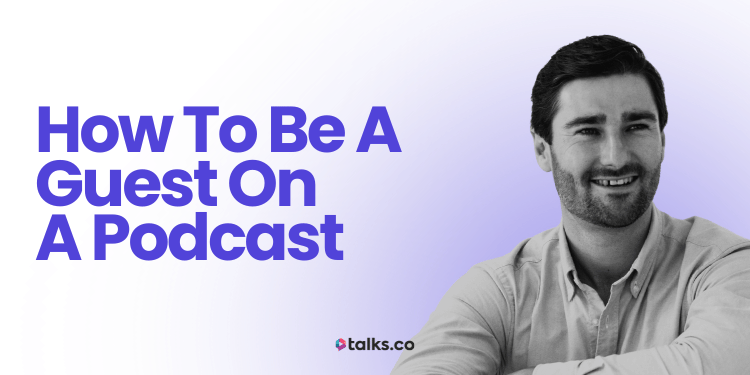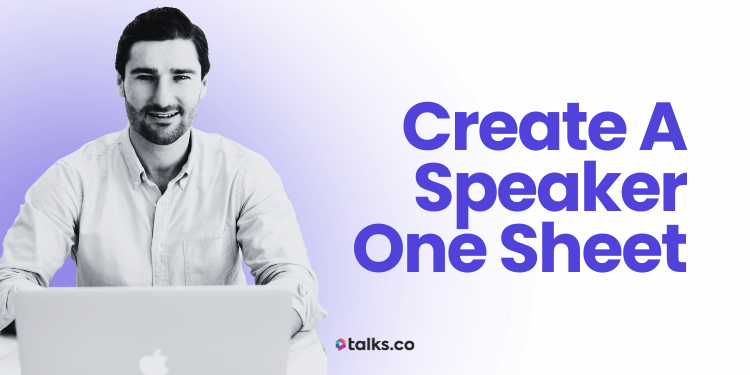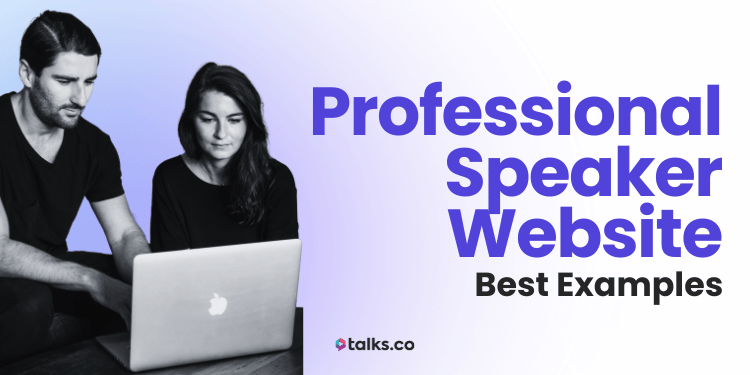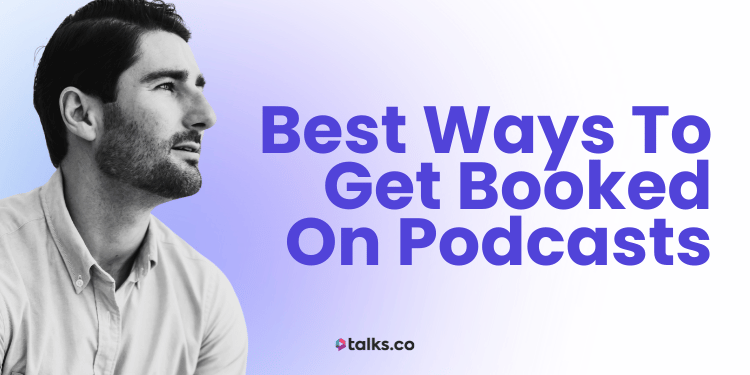You’ve got a message, expertise, and insights people actually need but getting in front of the right audience feels next to impossible.
Maybe you’ve tried cold emails, DMs, or networking, only to hear crickets.
Sound familiar?
You might be:
- Wondering if anyone cares about what you have to say
- Frustrated your expertise isn’t being noticed
- Stuck on how to turn speaking into leads and clients
- Tired of guessing what actually works to get booked as a guest
Here’s the thing: how to be a guest on a podcast isn’t luck or timing. It’s systems, strategy, and showing up in a way that turns you into a household name.
I’ve helped hundreds of experts reach podcast listeners of 100K+, generate serious leads, and get on a podcast without ever starting their own show.
Ready to be heard?
This playbook gives you the exact system to pitch and land good guest bookings, and show up on podcasts so powerfully that when the mic cuts, people won’t forget your name.
Why Do You Need to Be a Podcast Guest?
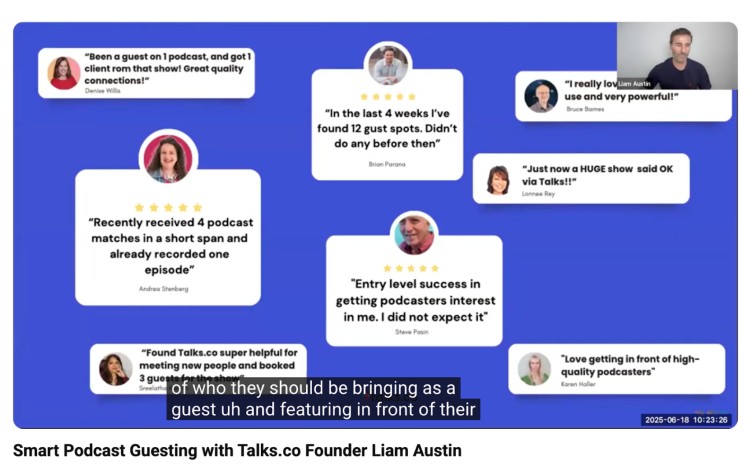
Podcasts are where conversations happen that actually matter.
Each guest appearance gives you a stage to influence, connect, and leave an impression most people won’t even notice you can make elsewhere.
- Access laser-focused audiences: People are listening because they care about the topic so your ideas hit the right ears immediately. Ryan Ware, Talks member and host of Activating Curiosity, uses podcasts to reach leaders and teams exactly aligned with his niche.
- Test your message live: Hear what lands, tweak what doesn’t, and get better every time. Daniel Mangena saw a 10X return on investment from guesting on podcasts.
- Turn listeners into collaborators: Potential partners, affiliates, or co-creators are already in your earshot. Denise W. says, “Got booked as a guest, landed a new client from that show, and now engaging with several podcasters.”
- Create a portfolio of authority: Episodes act as proof of your expertise as a podcaster that you can reference anytime. Joyce Odidison, conflict analyst and host of two podcasts, builds credibility through her guest appearances.
- Trigger organic referrals: One good show can have people talking about you weeks later. Matt S. reports, “Already gotten booked on a number of big shows – great investment!”
- Spot hidden opportunities: Listeners, hosts, or ideas pop up that you didn’t even know existed. Michael Dargie, Talks member and host of RebelRebel Podcast, uses guest appearances to discover new clients and collaborations.
- Train your public speaking skills: Every time you go on podcasts, it sharpens how you communicate your value naturally. Deborah H. says, “Booked quite a few podcasts through Talks.co and gained so much confidence from my interviews. It’s been an invaluable experience.”
- Influence the niche narrative: Say what you want where it matters most.
- Build a long-tail lead machine: Episodes stay online, generating potential clients months or years later. Elaine L. reports, “OMG… you guys are fantastic! I’ve got five guests in the works, four already recorded, and one more coming soon!”
- Stand out while competitors snooze: Most experts ignore podcasts, leaving space for you to dominate quietly. Mila J. shares, “I hired agencies before with poor results. With Talks I get results – and I like being in this one.”
How to Be a Guest On a Podcast (Checklist)
Podcast guest interviews are a fast track to authority, leads, and real business results, but only if you show up strategically.
Every detail matters: from knowing who you’re speaking to, to telling stories that stick, to getting listeners to take action long after you’ve shaken hands (virtually) with the host.
1. Know what you want to talk about and who it’s for

Clarity is everything. A scattershot approach wastes your time and the host’s.
- Define your core topic: If you’re a career coach, your podcast episode could focus on “how mid-level managers land leadership roles without burning out,” not “career advice in general.”
- Visualize your listener: Imagine a 32-year-old marketing manager juggling a side hustle and full-time job. They’re exhausted, ambitious, and craving practical advice.
- Frame your signature angle: Instead of “be productive,” tell your favorite podcast story about how one client went from missed deadlines to leading a major project in 90 days.
- List three key takeaways: Leave the audience with clear, actionable steps, like “one tactic to reclaim your mornings,” or “how to pitch ideas your boss actually approves.”
2. Create your Talks podcast guest profile
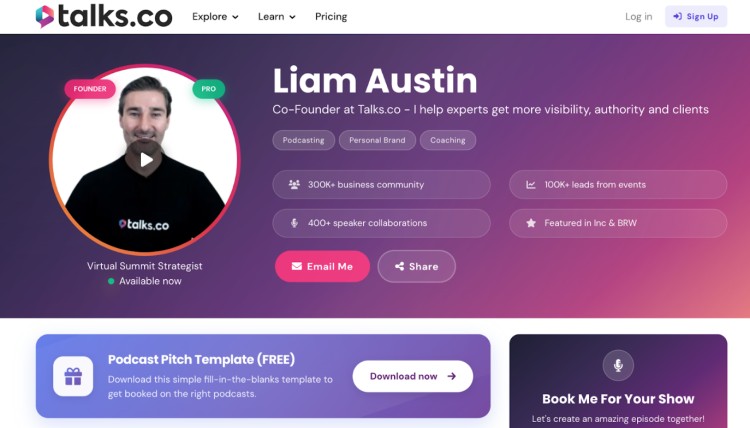
Your Talks profile is your digital stage. A single place hosts can quickly see your expertise, past appearances, and what you bring to the mic.
Setting it up right means you’re ready to get discovered by professional podcast hosts without chasing opportunities.
- Clear headline: Sum up what you do and who you help in one line, e.g., “I help coaches turn podcast interviews into paying clients.”
- Show proof: Make a list of shows (1-3 episodes) of you appearing on podcasts or wins to make hosts trust you’ll deliver value.
- Be specific with topics: Instead of vague phrases like “business tips,” write “how to get 50+ leads from a 5-day launch.”
- Highlight listener takeaways: Tell hosts what people listening to their podcast will gain like practical tips, frameworks, or insights they can act on.
- Add a personality hook: Short line that shows your style, e.g., “I mix actionable advice with real-world stories to make every episode memorable.”
Your profile becomes discoverable, easy for hosts to vet, and keeps your podcast guesting efforts organized and ready to go.
3. Let Talks find the right podcasts for your message
Ask anyone who’s been in the podcasting space long enough and they’ll tell you the same thing: finding the right podcasts to guest on takes forever.
I’ve been doing this since 2010, and even with experience, research still eats hours every week. That’s why we built Talks.
Instead of scrolling through endless shows or sending cold messages into the void, think of Talks as the modern-day Yellow Pages for podcasting (minus the phone book).
Here’s how to use it:
- Let Talks suggest matches for you: Instead of cold-searching, use the Matches tab to instantly see podcasts in your niche that are open to guests right now.
- Check activity level: Talks shows how current each podcast is so you don’t waste time pitching shows that stopped recording months ago.
- Review audience info: See what topics they cover, who listens, and what kind of guests perform well so you can decide fast if it’s worth your effort.
- Save and shortlist directly: Add your top matches to a shortlist inside Talks. Easy to find any time.
Talks is your smarter, faster way to build your podcast hit list without hours of manual research.
Here’s an insider cheat sheet to see how many listeners a podcast has to help you find the best shows to pitch to.
4. Connect with podcast hosts instantly using your Talks creator profile
Forget hours of research and cold pitching.
Talks does the matchmaking for you.
Once your creator profile is live, Talks’ AI instantly connects you with podcasts that actually want guests like you.
Here’s how it works:
- Smart matches: Talks scans active podcasts by topic, tone, and audience fit. No more guessing which shows make sense for you.
- AI-enhanced podcast pages: Every show now comes with a quick-read summary, audience insight, and episode examples so you know if it’s worth your time.
- Instant connections: See who’s open for guest spots, message them directly through the platform, and skip the cold outreach.
- Personalized angles: Each page highlights what storylines perform best for that show so your pitch feels natural, not forced.
Once you’ve connected, use your Talks profile link as your pro “one-sheet.” It includes your topics, bio, links, and social proof in one clean place.
It’s the fastest way to get booked without writing dozens of emails or chasing hosts online.
Oh! And another Talks bonus? You get a free copy of our Talks Podcast Pitch Template that’ll get hosts booking you nonstop.
5. Prepare for your interview (setup, stories, delivery)
Being prepared for your first podcast guesting is your edge. Nail it, and you’ll be unforgettable.
- Test your tech: Record a test with your mic, camera, and Zoom or Riverside setup to sound professional. (Not sure which mic to buy? Check out the Blue Yeti. I’ve had mine since 2010.)
- Pick stories that stick: Share examples like “how a client went from 3 to 30 paying clients in 90 days using a simple content system.”
- Practice delivery: Avoid reading scripts. Sound conversational, confident, and human.
- Call-to-action ready: What should listeners do next, e.g., book a call, grab a free guide, or join your newsletter? Always include the next steps and keep it short and sweet.
- Dry run/mock interview: Record yourself or have a friend play the host and fire interview questions at you. Practice makes you confident.
6. Share and promote your episode once it’s live
Your episode doesn’t work if it sits in the feed unnoticed. Promote it like a mini-launch.
- Social clips: Cut 30-60 second highlight videos for LinkedIn, Instagram, or TikTok.
- Email your audience: Summarize your best takeaway and link to the episode.
- Tag the host: Builds rapport and gets additional visibility.
- Repurpose podcast content: Turn insights into blog posts, PDFs, or carousel graphics.
- Track results: Monitor clicks, downloads, or sign-ups to refine your next appearances.
How to Find Podcasts to Be a Guest On
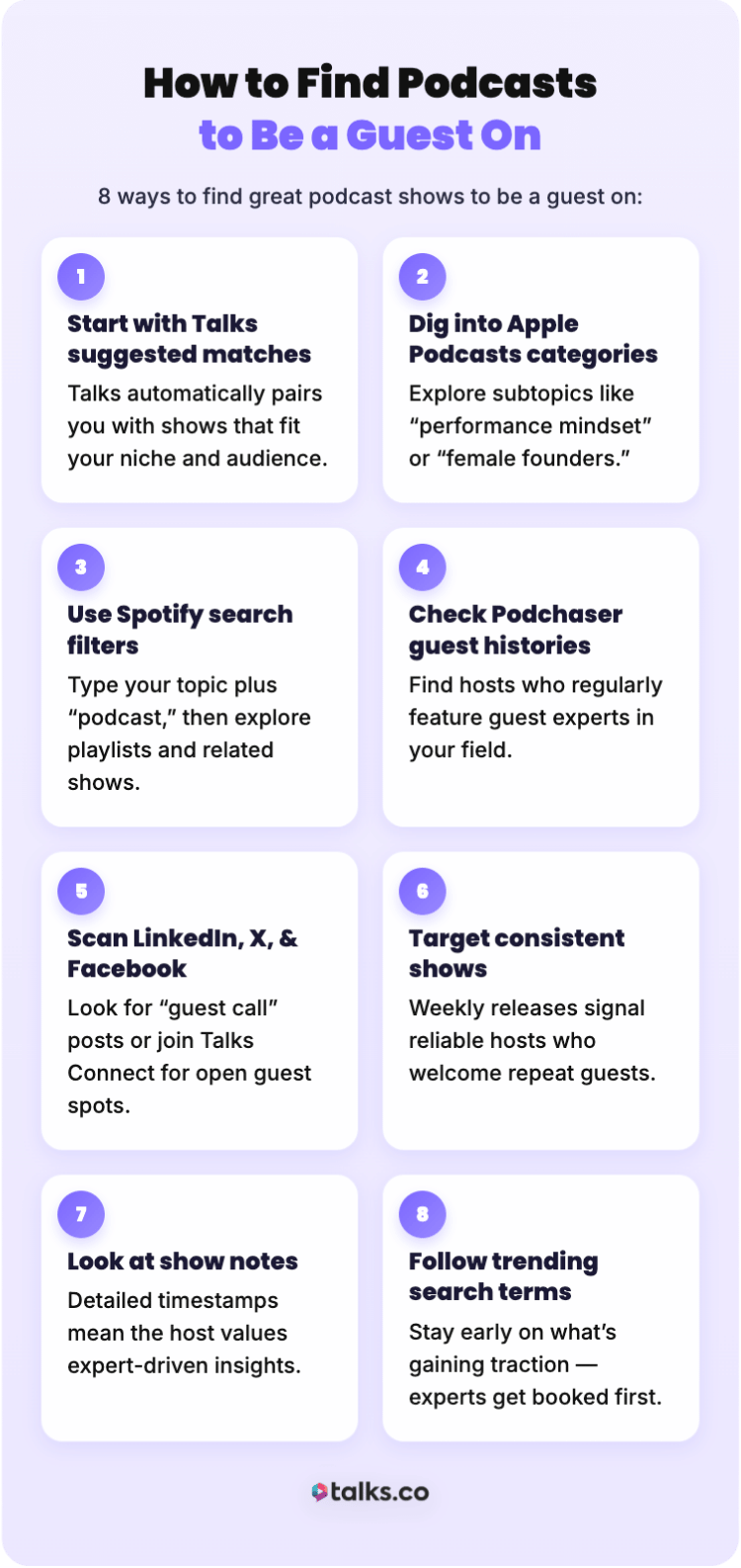
When looking for types of podcasts to guest on, you want to pick ones where your message clicks, the host is active, and the audience actually listens.
Here’s how to find great podcast shows to be a guest on:
- Start with Talks suggested matches: The easiest shortcut. Talks automatically pairs you with shows that fit your niche and audience.
- Dig into Apple Podcasts categories: Search beyond the surface. Find subtopics like “performance mindset” or “female founders.”
- Use Spotify’s search filters: Type your topic plus “podcast,” then explore playlists and related shows.
- Check Podchaser guest histories: Spot hosts who regularly feature great guest experts in your field.
- Scan LinkedIn, X, and Facebook: Many podcasts publicly announce open slots for potential guests. Check LinkedIn and X for “guest call” posts, and join Talks Connect to see hosts actively looking for guests, swap opportunities, and get insider leads.
- Target consistent shows: Active, weekly releases signal hosts who welcome repeat guests.
- Look at show notes: Detailed timestamps and summaries mean the host values expert-driven insight.
- Follow trending search terms: Keep an eye on what’s gaining traction in your niche. Early experts get booked first.
How to get on podcasts as a guest
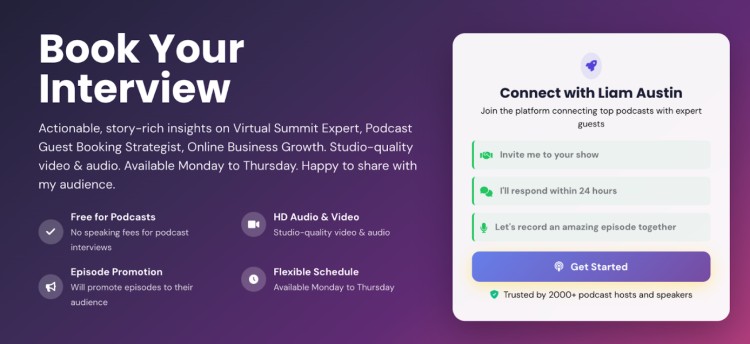
Forget about ever begging for airtime. The best way to get on podcasts as a guest is to look ready, relevant, and easy to work with. Here’s how to land spots faster:
- Build a Talks guest profile: Include your bio, photo, social links, and clear episode angles.
- Pitch with a headline: Skip “I talk about leadership.” Say “3 leadership mistakes that make good employees quit.” Give them a ready-made episode title.
- Spot the content gaps: Listen to recent episodes. If someone talked about “sugar detox,” pitch “how gut health improves focus.” Be specific and different.
- Offer a fresh spin: Suggest a topic that hasn’t been covered before or a bold take on a familiar one.
- Prove you’ll promote: Tell them how: “I’ll post on LinkedIn, tag you, and share in my 12k-subscriber newsletter.” It shows reach and effort.
- Make scheduling easy: Add your availability or calendar link right in your pitch.
- Add quick proof: Mention one win or past feature: “Recently on the XYZ Podcast. That episode hit 5k plays.” Simple, credible, done.
- Follow up once: A short, respectful nudge 7-10 days later keeps you on their radar.
How to get invited on a podcast as a guest
The real goal? Having hosts come to you. Here’s how to make that happen:
- Keep your Talks profile updated: It auto-shows your latest interviews aka a built-in credibility signal. Include your photo, short bio, topics, and links to past interviews. Hosts search for this stuff.
- Post short clips from past appearances: Post 15-30 second highlights from your interviews on LinkedIn or Instagram. Clear audio, captions on, quick takeaways.
- Tag hosts when sharing insights: When you share an episode, thank the host publicly. Other hosts notice.
- Join podcasting communities: Get to know hosts before you ever pitch. Comment, help out, connect naturally. Remember: relationships first.
- Write content that hooks hosts: Publish thought pieces that make them think, “We need this voice.”
- Network with other guests: Reach out to people already on your dream shows. Swap intros.
- Be reliable: Show up early, promote after the recording, and respond quickly. Hosts remember that.
- Tweak your LinkedIn headline: Add “Podcast Guest on [topics].” Hosts search that exact phrase.
How to Pitch Yourself as a Podcast Guest (Free Templates)
The best pitches sound human, not like templates but having a structure doesn’t hurt either.
Here are three easy fill-in-the-blank versions you can personalize depending on how you reach out to potential podcast hosts and shows.
1. Email pitch template
Subject: [Podcast name] guest idea: “[Your episode title]”
Hey [Host’s first name],
I loved your recent episode on [topic/guest name]. I help [target audience] [solve problem or reach goal], and I’d love to bring a fresh angle to your show.
Here’s a possible episode idea: [Proposed title] – [1-sentence hook or benefit for listeners].
I’ve been featured on [1-2 past podcasts/media mentions] and share new episodes with [your audience size/social channel].
Would this fit your listeners?
[Your first name]
[Your website or Talks profile link]
2. DM pitch template
Hey [Host’s first name]! Big fan of your show [Podcast name]. I’ve got a topic your audience might love: [Episode title] – [1-line hook].
I’ve talked about this on [past podcast/media] and would love to bring it to your audience. Want me to send over a short summary?
3. Podcast guest form response
Question: “Why do you want to be on the show?”
Answer: “Your audience of [target audience] is exactly who I help. I teach [how you solve the problem or get the result], and I’d love to share how [specific outcome or insight]. I’ll also share the episode with my [email/social] audience once it’s live.”
How to pitch podcasts
Pitching is about showing the host in under a minute why you make a strong episode for their listeners.
Here’s how to nail it from start to send:
- Find the right contact: Look for a guest submission page, email, or LinkedIn/Instagram DM. Skip generic forms if you can find a direct contact.
- Use a clear subject line: Skip “guest pitch.” Try something like “Episode idea: how to get 5 new clients from one podcast interview.” It stands out fast.
- Start with connection: Open with one line that proves you’ve listened like, “Your recent episode on burnout hit home; my clients face that every week.”
- Add proof in one line: “I’ve helped 100+ coaches grow to 6 figures” or “My last podcast appearance drove 2k clicks in a week.” Simple credibility.
- Offer 2-3 talking points: Quick bullets, not paragraphs, e.g., “how to pitch hosts without sounding spammy,” “what to say on air that drives real leads.”
- Attach or link your one-sheet. Keep it visual and scannable. Photo, short bio, sample topics, listener takeaways, and your Talks speaker page.
- Drop your Talks profile link. Makes it easy for them to check your past guest spots, see clips, and verify you’re legit.
- Make scheduling frictionless. Add a Calendly or Talks calendar link with your availability, so they can book straightaway.
- Close with a light CTA. “Would this topic fit your lineup?” feels professional, not pushy.
- Follow up once: Wait a week or two, then send a short, polite reminder. One follow-up is plenty. Move on after that.
Grab these ready-made speaker one-sheet templates to help you prepare for your podcast interview when you get booked on podcasts.
How to become a guest on a podcast
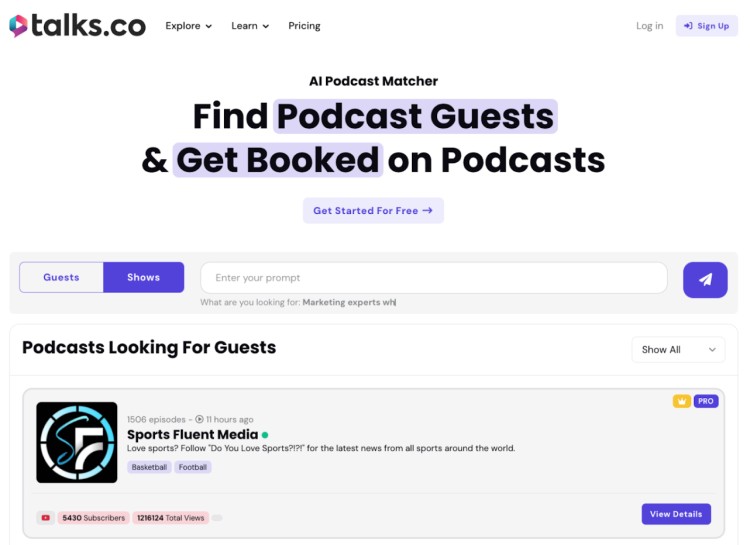
Booking a podcast spot isn’t always about sending the perfect email. Sometimes unconventional methods get you in front of the right host faster and with less competition.
- Use Talks: Why wait on a middleman? Talks instantly lines you up with podcasts that actually want guests like you. Quick, easy, and no chasing required.
- Leverage guest swap offers: If you host your own podcast, invite guests with a similar audience and propose a swap. You feature them, they feature you. It’s mutually beneficial and feels organic.
- Tap into your network: Ask past hosts, clients, or business partners to introduce you to other podcasters. Warm intros are 10x more effective than cold pitches.
- Use speaking gigs as a springboard: If you’ve been on stage or done webinars, repurpose that content. Send clips in your pitch to show your communication style and authority.
- Partner with PR experts or virtual assistants: If you don’t want to do the outreach yourself, hire someone to manage your guest pitching. Give them tight parameters: your talking points, target shows, and tone.
- Run a mini “guest campaign”: Pick a 30-day window, batch 10-15 pitches, and track responses. Treat it like a marketing sprint = focused effort, measurable outcome.
- Try guerrilla-style outreach: Record a 30-second personalized video pitch and DM it to the host. It stands out instantly compared to walls of text.
- Collaborate through content: Write a blog or newsletter featuring your top 5 podcast hosts to learn from then tag them. It’s flattery that can open doors fast.
How to Be a Guest On Podcasts
Once you’re invited, how you prep before recording sets the tone for everything that follows.
- Confirm details early. Date, time, timezone, and platform. Save yourself and the host from any unwanted surprises on recording day.
- Revisit your pitch. Remember what you promised. Stick to that core message.
- Set up your space. Quiet room, your best podcast microphone, no background noise.
- Check your tech. Test your audio, camera, and internet 15 minutes before.
- Have a water bottle ready. Keeps your voice clear. Simple but overlooked.
- Know your CTA. Be ready with one thing listeners can do next (download, connect, join, etc.).
- Bring energy. Podcasts are conversations. Sound alive, not rehearsed.
- Show up early. It signals respect and helps you relax before recording.
How Much Does It Cost to Be a Guest On a Podcast?
Being a guest on a podcast usually won’t cost you money, but the real “cost” is your time and energy. Most podcasts are free to join, though some hosts offer small honorariums or gifts to thank you.
Understanding how payment works (and when it’s appropriate to request it) helps you pick the right shows, set expectations, and make the most of your appearances without undervaluing your expertise.
How much do podcast guests get paid?
A lot of people always ask me, “Liam, do podcast guests get paid?”
After being in the game for way longer than I can remember, one thing’s for sure: payment varies widely depending on the podcast and your profile.
- Mostly free: Around 90% of podcasts don’t pay guests. Most people appear to share their expertise, tell their story, or promote something.
- Small tokens of appreciation: Some hosts send gift cards, bottles of wine, or small thank-you gifts to acknowledge your time.
- Honorariums for expertise: If your appearance requires professional insight like teaching, consulting, or research, hosts sometimes pay $50-$500.
- High-profile guest fees: Well-known authors, industry leaders, or in-demand experts may negotiate $1,000+ for a single appearance, though this is rare.
- Charitable donations: Some podcast guests only accept interviews if the host contributes to a charity, usually $300-$500.
- Promotional trade-offs: Many guests receive no money but are given a platform to promote a product, book, or service.
- Negotiable for value: The best approach is to focus on what you offer: if your story, audience, or expertise provides real value to the host, payment becomes optional.
How to be a podcast guest that gets paid
If you want to get paid, it’s about showing hosts the value you bring, not demanding a fee upfront. Here’s how:
- Know your worth: Be clear on what expertise, results, or audience size makes your appearance valuable.
- Target the right podcasts: Focus on shows where your insights solve a real problem or teach something actionable.
- Highlight your reach: Show how you’ll help put the episode on full blast post-launch through social posts, newsletters, or LinkedIn clips.
- Pitch with context: If requesting payment, frame it around the value you deliver, not just the fee itself.
- Package professionally: Include a Talks profile or one-sheet with past appearances, results, and episode angles.
- Offer alternatives: Trade promotion, joint content, or referral opportunities if cash isn’t on the table.
- Be selective and confident: Only take paid appearances that match your expertise, audience, and schedule priorities.
Be a Guest on Podcast vs. Host: What’s the Difference?
Showing up as a guest or running your own podcast are both ways to grow authority and reach, but the game changes depending on the role.
Pick the path that matches your goals, time, and appetite for control.
Be a podcast guest if you want:
- One-shot authority: You bring your story and expertise, leave the rest to the host.
- Credibility by association: Appear on shows your audience already trusts.
- Laser-focused reach: Hit an audience tuned into your exact niche.
- Minimal upkeep: Record once, share, and move on.
- Network leverage: Access the host’s connections without building your own platform.
Be a podcast host if you prefer:
- Total control: Choose good podcast topics, guests, format, and schedule.
- Audience ownership: Every listener is yours to nurture, sell to, and re-engage.
- Consistent grind: Regular recording, editing, and promotion is part of the deal.
- Relationship hub: Guests and connections feed your network, expanding influence fast.
- Direct monetization: Ads, sponsors, courses? Your show directly earns you money.
POV: “Sorry, I’m Booked Until 2028”
Landing podcast guest spots can feel competitive, but when you know how to be a guest on a podcast strategically, you control the conversation and get in front of the right audience.
Every pitch, appearance, and follow-up adds to your authority, expands your reach, and opens doors you can’t buy.
Want to make it even easier?
Create your free Talks creator profile and get discovered by podcasts looking for voices like yours.
With auto-matches, suggested shows, and instant messaging built in, you’ll spend less time chasing opportunities and more time showing up on mic.
Start getting booked nonstop.
Claim your FREE Talks profile now!
